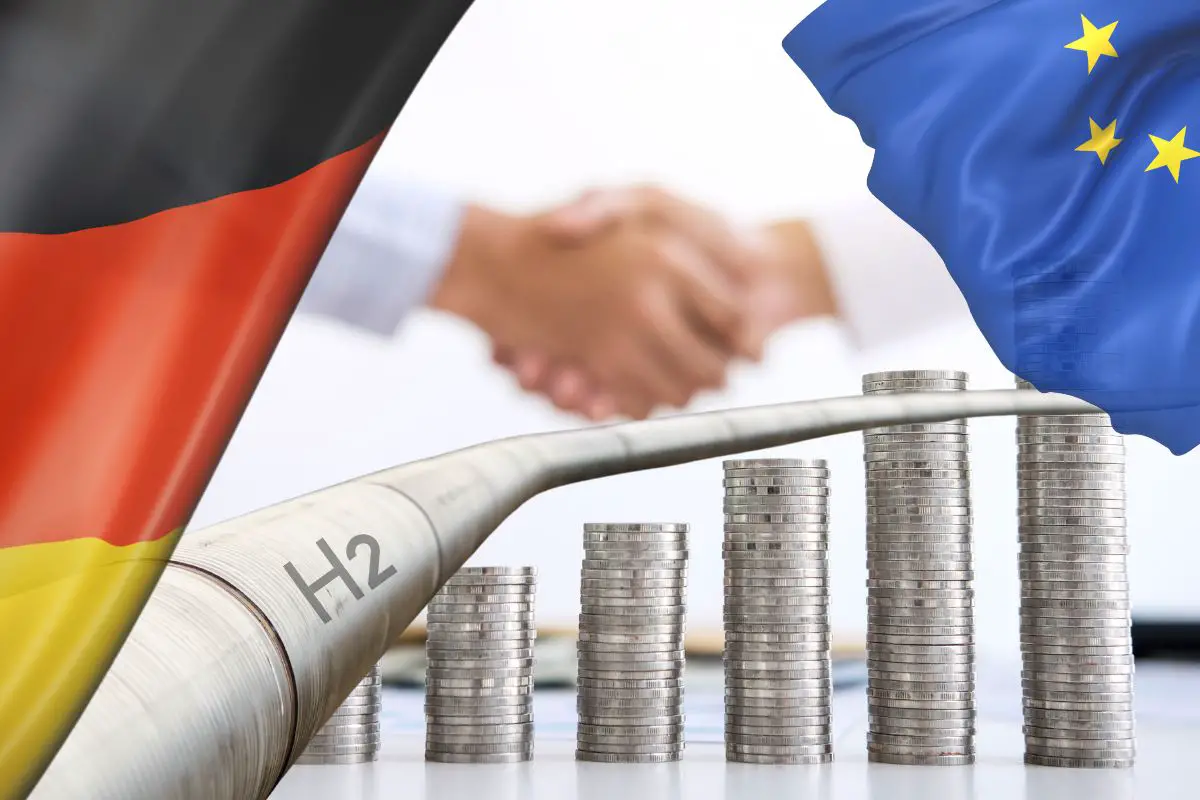The European Commission has approved a €3 billion grant to the country for the construction
The European Commission recently released a statement in which it gave its approval for granting $3.2 billion (€3 billion) in state aid in order to provide Germany with support for the construction of a pipeline that will act as a hydrogen fuel network.
The funds will pay for the Hydrogen core Network (HCN) pipeline construction
The hydrogen fuel network is intended as the backbone of H2 transportation pipelines that will cover extensive distances not only within Germany, but also to several other member states in the European Union.
The state aid being sent to Germany is meant to support the EU Hydrogen Strategy objective pursuit, as well as the goals of the Fit for 55 package. The idea is to put the hydrogen fuel network infrastructure in place to encourage the adoption of renewable H2 by placing it within reach of transport and industry by 2030, said the European Commission.
The money will be focused on hydrogen fuel network pipeline retrofitting and construction
The investment will in large part be used to repurpose some of the existing natural gas pipelines and for the construction of new pipelines and compressor stations. The HCN construction and operation will be financed by H2 transmission system operators (TSOs). Bundesnetzagentur a German federal network agency, will be choosing the TSOs.
The financial aid will be a State guarantee, providing TSOs with the opportunity to seek out more favorable loans to protect themselves against initial losses as the HCN first starts to build and expand.
Starting next year
 The HCN’s first major pipeline is expected to begin operations next year. That said, the entire hydrogen fuel network is expected to be completed in 2032.
The HCN’s first major pipeline is expected to begin operations next year. That said, the entire hydrogen fuel network is expected to be completed in 2032.
Germany is investing heavily in building an H2 economy as it works on decarbonizing in the face of the climate crisis. The Securing Energy for Europe (Sefe), a state-controlled company in the country, stated earlier in 2024 that it has intentions to invest approximately $534 billion (€500 million) into the repurposing of some of its existing underground natural gas pipelines and storage sites so that it will be usable for H2 and can be incorporated into a future hydrogen fuel network.

